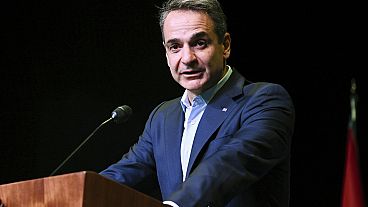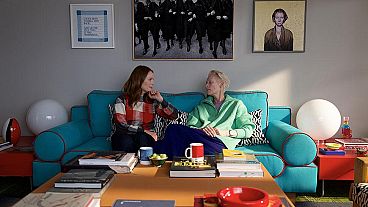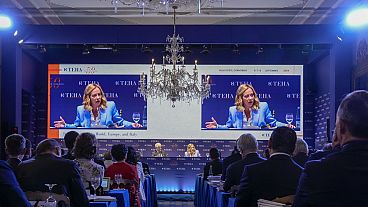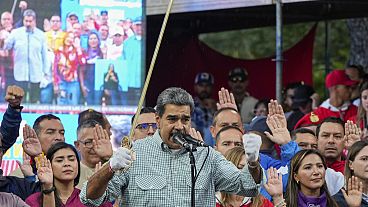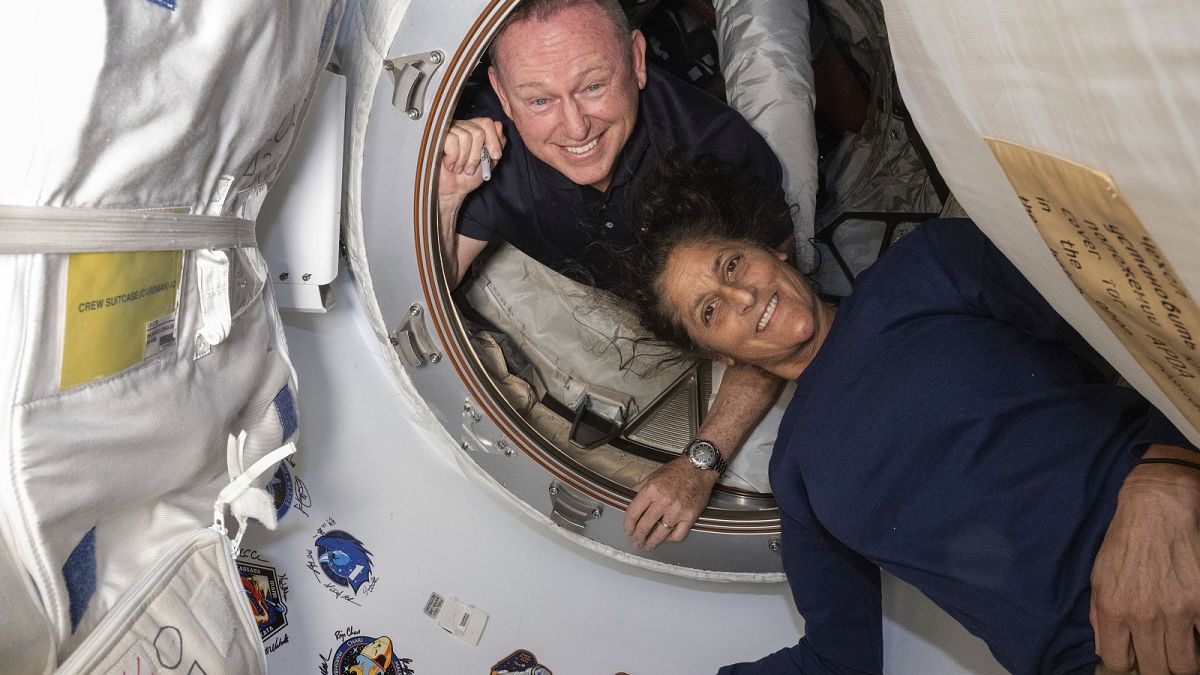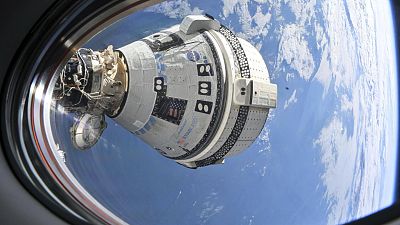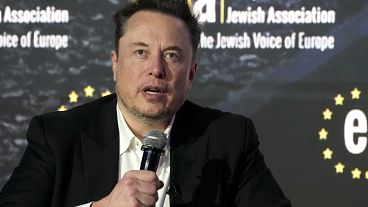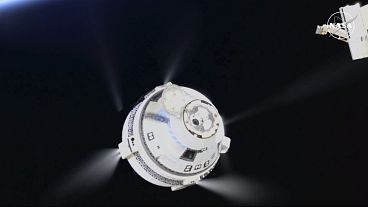Two test pilots have been stuck on the International Space Station for more than a month longer than planned as tests are carried out on their craft.
Having been stranded for more than a month, NASA officials announced on Thursday that two marooned astronauts will remain at the International Space Station (ISS) until engineers finish fixing issues plaguing their test Boeing craft.
Test pilots Butch Wilmore and Suni Williams were supposed to visit the orbiting lab for about a week and return in mid-June, but thruster failures and helium leaks on Boeing's new Starliner capsule prompted NASA and Boeing to keep them up longer.
NASA’s commercial crew programme manager Steve Stich said mission managers are not ready to announce a return date. The goal is to bring Wilmore and Williams back aboard Starliner, he added.
"We'll come home when we're ready," Stich said.
Stich acknowledged that backup options are under review. SpaceX's Dragon capsule is another means of getting NASA astronauts to and from the space station.
"NASA always has contingency options," he said.
Engineers last week completed testing on a spare thruster in the New Mexico desert and will rip it apart to try to understand what went wrong ahead of the Starliner's docking.
Five thrusters failed as the capsule approached the space station on June 6, a day after liftoff. Four have since been reactivated.
Further tests
It appears degraded seals are to blame for the helium leaks and thruster problems - entirely separate issues - but more analysis is needed.
The team will test-fire the capsule's thrusters this weekend while docked to the space station to gather more data, said Boeing’s Mark Nappi.
Each of the 28 maneuvering thrusters can fit in a hand and weighs 1 kg. The capsule is also outfitted with bigger engines for dropping out of orbit at flight's end.
All these are part of a segment that is discarded before landing, which means nothing to study for future flights.
After the space shuttles retired, NASA hired private companies for astronaut rides to the space station, paying Boeing and SpaceX billions of dollars.
This was the Boeing's first test flight with a crew aboard.
The initial demo in 2019, flying empty, never made it to the space station because of bad software, and Boeing repeated the test in 2022. More issues later cropped up.
SpaceX has been ferrying astronauts since 2020. SpaceX's Falcon 9 rockets have been grounded for the past two weeks because of an upper-stage failure on a satellite-delivery mission.
The longer the stand-down continues, the more likely upcoming crew flights will be delayed.

